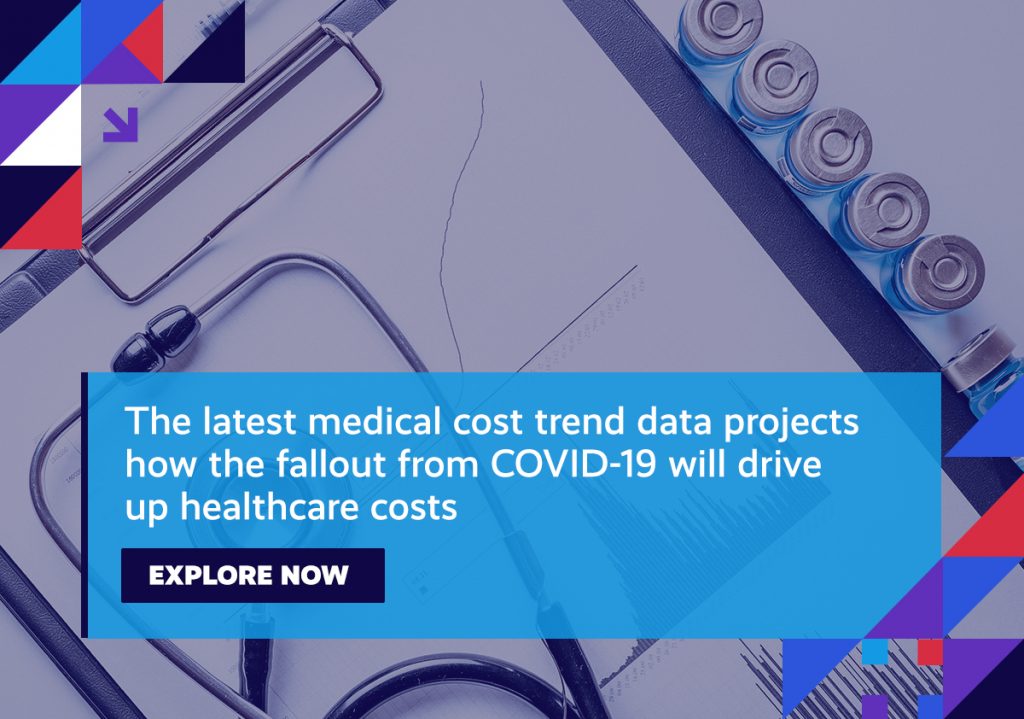Stakeholders continue to highlight the value of Medicaid; top hospitals are found to charge a significant markup, as their predatory billing practices also come under increased scrutiny; and, a behind-the-scenes look at how PBMs work to save consumers money.
Week in Review
Medicaid Value: The Medicaid program and the managed care organizations (MCOs) that state governments partner with to administer it both serve a vital function in ensuring the strength and integrity of this critical safety net connecting more than 77 million vulnerable Americans to the care they need. Politics aside, a growing body of evidence has established the positive impacts of expansion of the program across a broad range of health categories. Not only that, Medicaid is also playing an increasingly important role supporting the mental health of expectant mothers. And, with our healthcare system writ large pivoting to address long-standing issues of health equity, MCOs find themselves uniquely positioned to draw from their deep experience serving these enrollees to better operationalize tailored solutions that have proven effective, while also building on their community partnerships to meet people where they are.
Hospitals’ Markup: If it feels like hospitals have been the subject of increased focus lately, that’s likely because more and more attention is being paid to the role they’ve long played in driving up healthcare costs. A new project, undertaken jointly by Axios and Johns Hopkins University, puts a finer point on this, taking a look at hospitals’ billing practices. One of the most alarming takeaways from the analysis details how the majority of the hospitals in the country with the highest revenue also have some of the highest prices, charging patients an average of five times more than the actual cost of the care they deliver. Drilling further into the data, of the top 100 largest hospitals, 57 were found to be charging more than five times on average the actual cost. And, nine hospitals were charging more than ten times the actual cost.
Hospitals’ Predatory Billing: The project also shined a light on an area of growing concern for experts, policymakers, regulators, and, of course, patients – specifically, hospitals’ “predatory” billing practices. Current estimates peg medical debt as comprising nearly 60 percent of all debt collections in the U.S. What the data showed was that, of the 100 hospitals with the highest revenue in the country, more than a quarter have sued patients over unpaid medicals bills. Strikingly, according to the research, just ten hospitals are responsible for 97 percent of all court actions taken against patients. Additionally, despite enjoying tax exempt status in exchange for offering charitable care, most nonprofit hospitals fail to honor these obligations.
PBMs’ Value Proposition: Pharmacy Benefit Managers (PBMs) have found themselves the subject of much debate surrounding the rising cost of prescription drugs. However, despite the inflamed rhetoric, PBMs continue to focus their attention on the important role they play in helping to keep medicines affordable and accessible for customers, including patients, employers, health plans, and government programs. One need only consider that so much of these attacks on PBMs come from the pharmaceutical industry to get a sense of why opponents might be trying to undermine their value proposition. Recently, a local DC news outlet took a look behind-the-scenes to provide insights on the work that PBMs do to bring down the cost of prescription drugs for consumers.

| You can keep up with the latest by following the Health Action Network on Twitter and by liking us on Facebook. And, be sure to check us out on LinkedIn, too. As always, let us know if there’s something you’d like to see covered in a future newsletter. |
